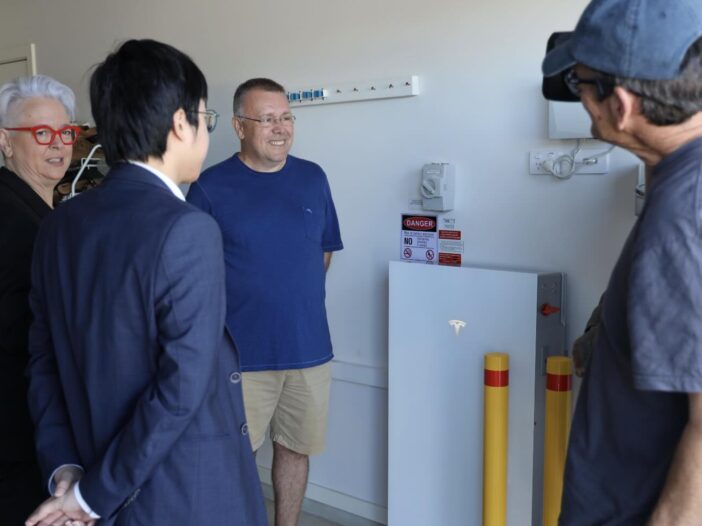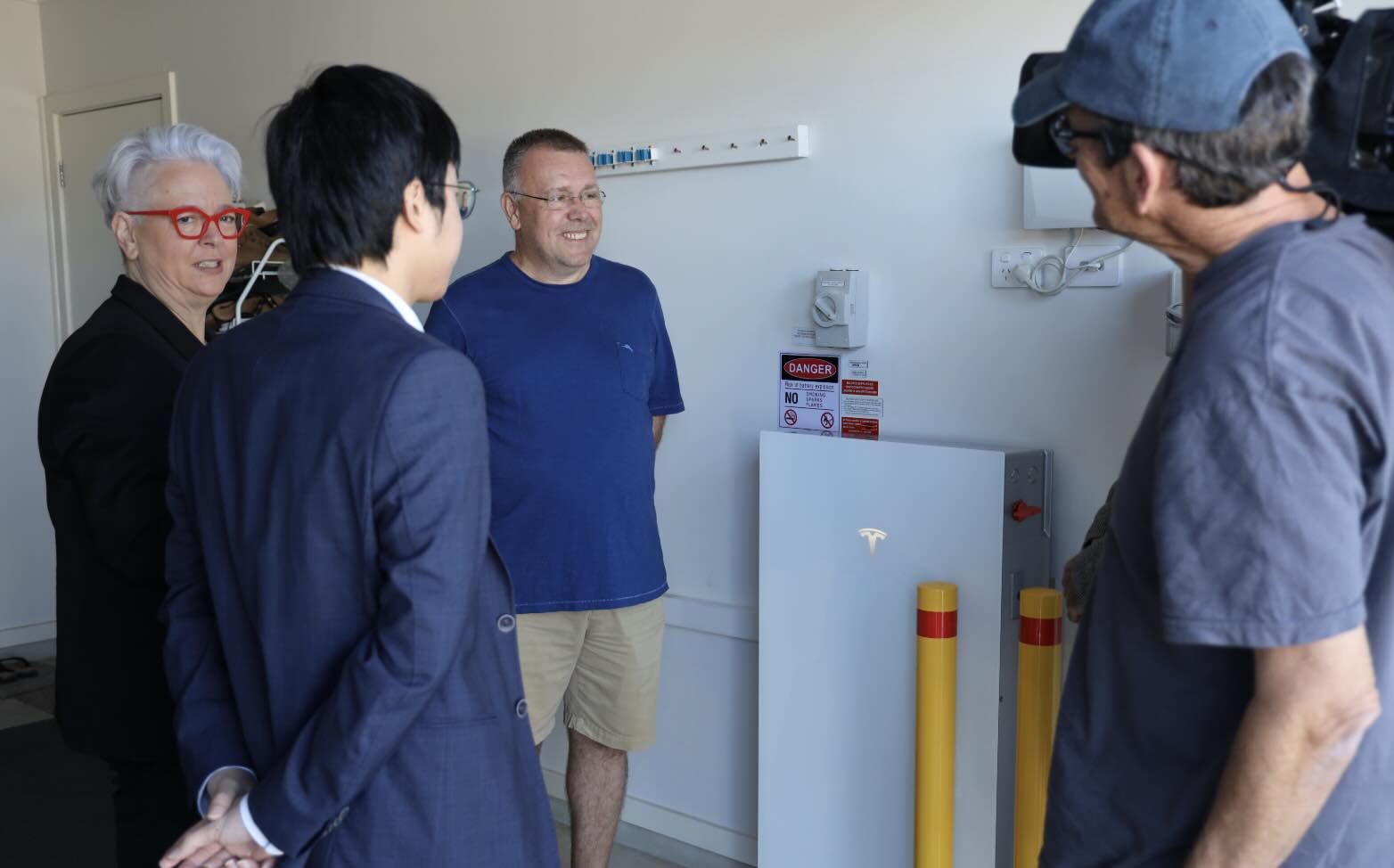
NSW energy minister Penny Sharpe has outlined the clear economic and grid benefits of battery storage, in the face of criticism from the federal Coalition that supporting the technology amounts to a subsidy for the rich from the poor.
NSW has already introduced its own household battery scheme, which it says has resulted in another 8,000 battery installations since its launch, although its own program will be dwarfed by the $2.3 billion federal scheme announced over the weekend by Labor in the midst of the national election campaign.
That battery scheme, modelled along the same lines as the successful rooftop solar support scheme, but this time with the costs being met by the government, aims to get another 1.1 million household batteries into the grid by 2030 – four times more than now.
Sharpe, speaking to the Smart Energy Conference in Sydney on Wednesday, says there are four clear benefits from supporting the rapid uptake of household batteries.
“We just have to be really, really clear here, batteries are good for four reasons,” Sharpe said.
“They’re good because they help households and businesses deal with their rising costs and help them reduce their costs over time, but they actually benefit the whole grid and all households by putting downward pressure on wholesale energy prices.
“And they also help us stabilise the grid and reduce pressure during peak periods. This is real. This is happening, and the more batteries that we have distributed across the network, the better the for all of us. And they’re also helping us to decarbonise the grid faster than we can at the moment.”
Sharpe also said it was wrong to suggest that this scheme was about inner city lefties profiting from the misery of others.
“This isn’t a trendy inner city thing,” she said. “We know from our own budget, from our own battery subsidy scheme, that this is happening all over the state. It is happening in Bondi. It’s happening in Broken Hill. It’s mostly happening in Western Sydney, and in all different parts of this incredible state.”
Sharpe noted that rooftop solar, which home batteries are designed to support by storing excess power for use in the evenings, or even during grid emergencies, is now the single largest generator in the national electricity market, passing 25 gigawatts of capacity across Australia.
“Just to give you an idea of that, that’s greater than the total coal fire per capacity of 21 gigawatts. Rooftop solar is contributing over 12% of the total energy generation in Australia.”
And in the middle of the day, it is the biggest input into many grid
“The transition that is well and truly underway, and I believe is getting to the point where it is actually unstoppable,” she said. Nuclear, she said, would undermine $32 billion in renewables and large scale storage investment in the state, and expose households to unreliable supplies.
Giles Parkinson is founder and editor of One Step Off The Grid, and also edits and founded Renew Economy and The Driven. He has been a journalist for 35 years and is a former business and deputy editor of the Australian Financial Review.

